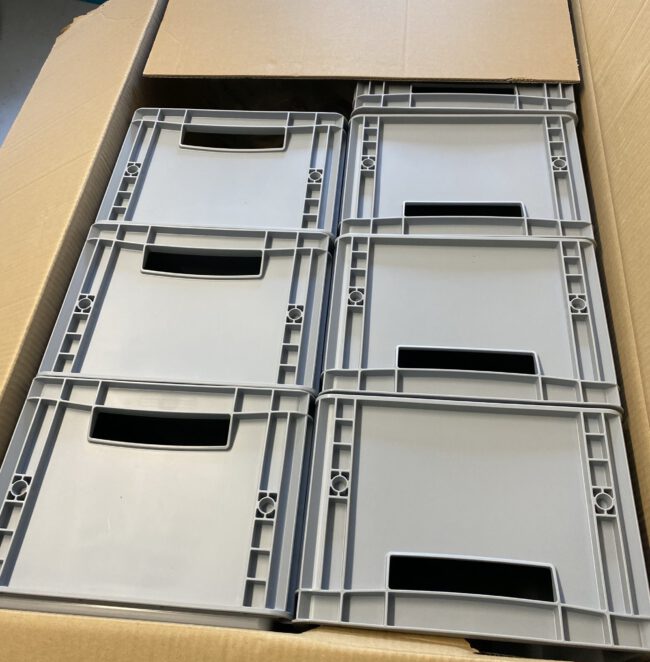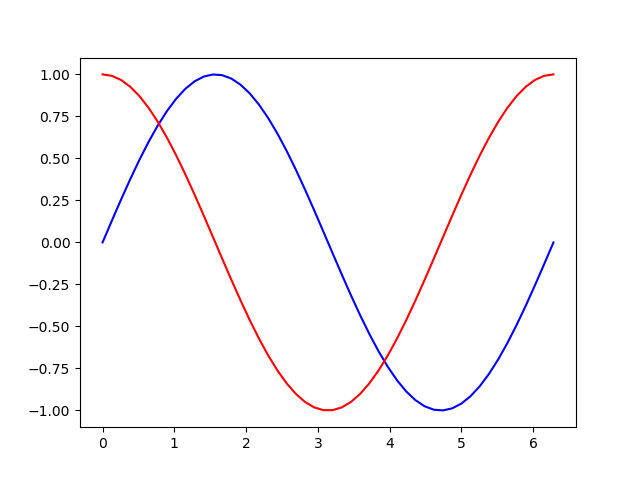Learning Kotlin – Part 2 – Arrays
In Learning Kotlin – Part 1 we looked at some basic concepts like type inference and string handling. In this part we deal with arrays: You can easily create an array with the arrayOf function var myArray = arrayOf(1, 1.23, “Jörn”) Element access You can access arrays directly with the [] operator println(myArray[2]) myArray[1] =…



